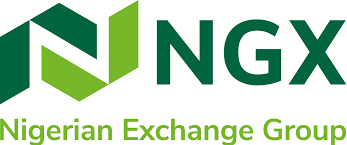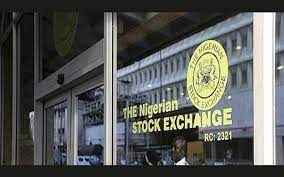Lagos, Feb. 2, 2023 – The nine Nigerian banks affected by the Moody’s downgrade should expect share prices losses.
This is the opinion of some experts who expressed their opinions on the issue in the latest edition of Proshare’s “Analysts Note”.
Proshare is a research and information service company in Lagos.
The experts, who weighed the implications of the downgrade, said their share prices of the affected banks could drop as “the downgrade slightly waggles investors’ confidence.”
“The international agency downgraded the long-term deposit ratings and senior unsecured debt ratings of the banks to Caa1 from B3.
“According to the agency, two factors triggered the downgrade, the weakening operating environment due to the macro profile of Nigeria and the exposure of the bank’s balance sheet to sovereign debt securities,” they said.
The experts also said that the downgrade would make it difficult for the banks to borrow from the international market as investors would demand high yields in compensation for the high risk.
“Also, banks with current Eurobond instruments such as Fidelity ($400m) might experience an outflow of investors which will raise their cost of borrowing and re-entry into the debt market.
“Rated Nigerian banks have significant direct and indirect exposure to the Nigerian sovereign, 28% of their aggregate total assets are sovereign debt holdings as of June,” the experts said.
Moody’s Investors Service, an international credit rating agency, announced the downgrade of nine Nigerian banks on Tuesday following the downward review of Nigeria’s rating.
The affected banks include Access Bank, Zenith Bank, First Bank, GTBank, Union Bank, Fidelity, FCMB and Sterling Bank. (GBN)




